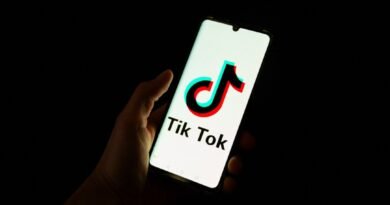Australia Implements Mandatory Digital ID System
The Digital ID Act commenced in December.
The Digital ID Act 2024 has now officially come into force in Australia on Dec. 1 after “many years of hard work.”
As of Dec. 1, state and territory government services can now apply to join the Australian Government Digital ID System, while the private sector will join from December 2026.
“This legislation will also enable the Commonwealth to partner with states, territories and the private sector to create a better digital experience for all Australians.”
ACCC Will Be the Digital ID Regulator
Now that the law is official, two new regulators will have additional responsibilities.
The Australian Competition and Consumer Commission (ACCC) will be the digital ID regulator. At the same time, the Office of the Australian Information Commissioner (OAIC) will look after privacy with a broader regulatory role.
The ACCC will accredit digital ID services, approve which services can be involved, and enforce lawful compliance.
According to the government, MyID, formerly known as myGovID, is already available on 185 government services.
How Did it All Come About?
The Digital ID law passed both houses of the Australian Parliament in May 2024 with support from Labor, Greens, and the Teals in the lower house.
It was opposed by the Liberal-National opposition, and One Nation.
“Digital ID can … Make it easier to access government and business services at home, or without having to travel to a shopfront or make a phone call to verify their ID—particularly benefiting groups such as regional and remote communities and people with a disability,” said Finance Minister Katy Gallagher, who has emphasized that the program is voluntary.
“[It can] enhance privacy and reduce collection of personal information by government and private services, reducing the impacts of any data breaches that may occur.”
Concerns With How ‘Voluntary’ the ID Will Be
Liberal Senator Alex Antic raised concerns with the voluntary clause of the Digital ID law (section 74).
He pointed to section 74 (2), where a business does not breach the law, if they can offer an alternative way to access the service they offer.
For example, a bank can require digital ID for online services or to open an account as long as customers who don’t want to provide their ID, can access the bank through a physical branch or some other means.
“There’s broad scope for this bill for minimizing people’s ability to engage in online transactions, including when it comes to banking.”
The South Australian senator was also concerned with regulators having the power to grant exemptions.
“That’s hardly comforting. It’s simply up to the regulator to determine whether making a digital ID mandatory is appropriate or not,” he said.
Antic was also concerned the program would be another step towards a ubiquitous digital ecosystem.
Nationals MP Pat Conaghan also said many in his electorate were worried about their privacy.
“These are mums and dads, grandmothers and grandfathers, business owners and farmers. Everyday people out there are coming to talk to me about their concerns.”




